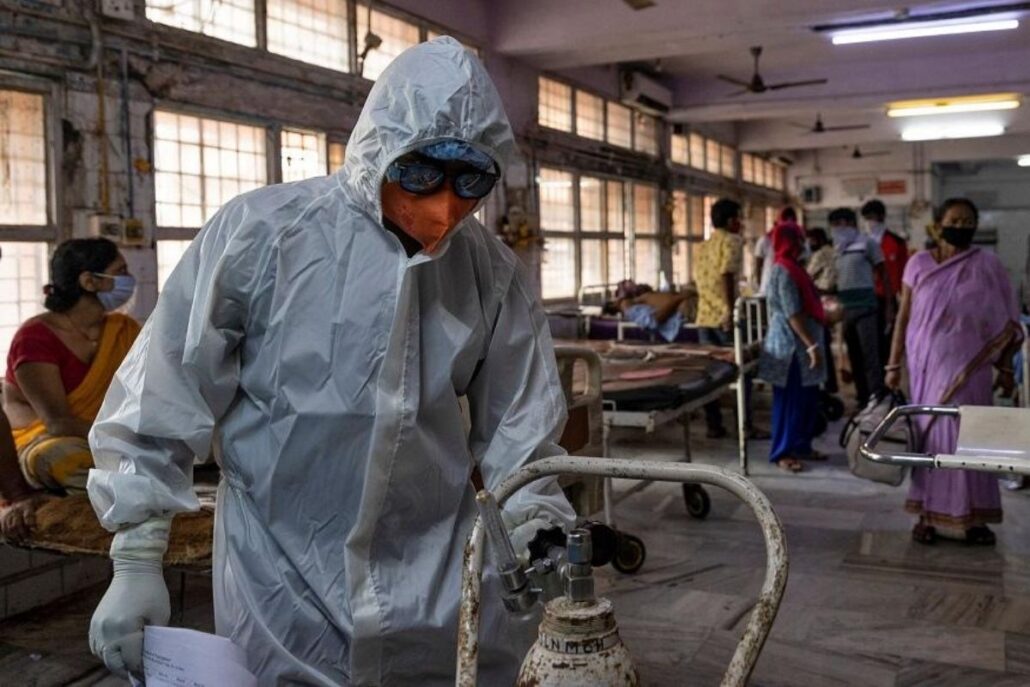
India has confirmed three cases of Human Metapneumovirus (HMPV) in infants, with two reported from Bengaluru and one from Ahmedabad.
The Indian Council of Medical Research (ICMR) identified these cases during routine surveillance for respiratory viral pathogens, the Union Health Ministry stated.
One of the cases involved a three-month-old female infant in Bengaluru, diagnosed with HMPV after being admitted to Baptist Hospital for bronchopneumonia. The infant has since been discharged, the ministry assured.
What is HMPV?
Human Metapneumovirus, first identified in 2001, belongs to the Pneumoviridae family, which includes respiratory syncytial virus (RSV). It primarily causes respiratory infections and presents symptoms resembling the common cold or flu, such as coughing, nasal congestion, fever, and, in severe cases, wheezing or difficulty breathing.
Global Surge and Indian Monitoring
Globally, HMPV cases are on the rise, particularly in China, where videos of overcrowded hospitals have triggered concerns about a potential outbreak. However, Chinese officials maintain that the situation is under control. Neighboring nations like Malaysia have also reported an uptick in cases. In India, the Health Ministry held a review meeting and stated that there is no cause for alarm.
Spread, Prevention, and Treatment
HMPV spreads through respiratory droplets, close contact, or contact with contaminated surfaces. Its transmission typically peaks during late winter and spring. Preventive measures include frequent handwashing, avoiding face-touching with unclean hands, wearing masks in crowded spaces, and staying home when unwell.
There is currently no specific treatment or vaccine for HMPV. Symptom management involves hydration, rest, and over-the-counter medication for fever and congestion. Severe cases may require hospitalization for oxygen therapy or intravenous fluids.
Post-Pandemic Immunity and Vigilance
Experts attribute the rise in respiratory infections like HMPV to weakened immunity due to reduced pathogen exposure during COVID-19 lockdowns. While HMPV shares similarities with COVID-19 in symptoms and transmission, it is not viewed as a pandemic threat.
The cases in India underline the importance of vigilance, timely diagnosis, and preventive measures to curb the spread of respiratory illnesses, especially in vulnerable populations like infants and the elderly.




